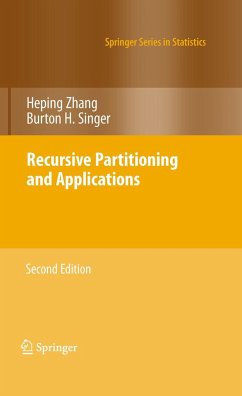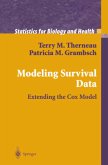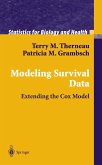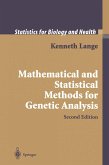Multiple complex pathways, characterized by interrelated events and c- ditions, represent routes to many illnesses, diseases, and ultimately death. Although there are substantial data and plausibility arguments suppo- ing many conditions as contributory components of pathways to illness and disease end points, we have, historically, lacked an e?ective method- ogy for identifying the structure of the full pathways. Regression methods, with strong linearity assumptions and data-basedconstraints onthe extent and order of interaction terms, have traditionally been the strategies of choice for relating outcomes to potentially complex explanatory pathways. However, nonlinear relationships among candidate explanatory variables are a generic feature that must be dealt with in any characterization of how health outcomes come about. It is noteworthy that similar challenges arise from data analyses in Economics, Finance, Engineering, etc. Thus, the purpose of this book is to demonstrate thee?ectiveness of a relatively recently developed methodology-recursive partitioning-as a response to this challenge. We also compare and contrast what is learned via rec- sive partitioning with results obtained on the same data sets using more traditional methods. This serves to highlight exactly where-and for what kinds of questions-recursive partitioning-based strategies have a decisive advantage over classical regression techniques.
Bitte wählen Sie Ihr Anliegen aus.
Rechnungen
Retourenschein anfordern
Bestellstatus
Storno








